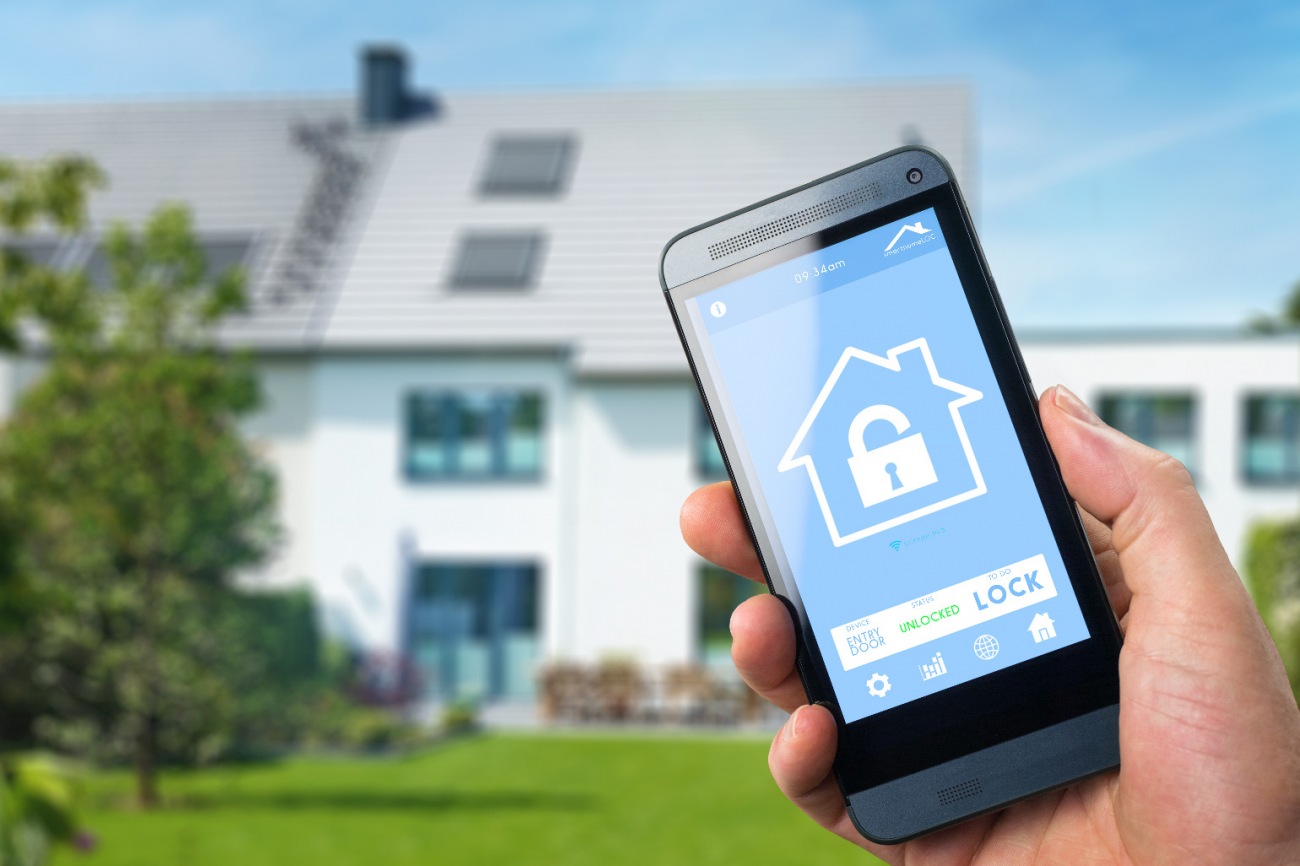The advent of smart homes marks a transformative era in addressing climate change. As homeowners and businesses increasingly seek sustainable solutions, smart technologies offer a promising pathway. But how exactly do these innovations contribute to environmental sustainability?
In the initial stages of smart home development, the focus was largely on convenience and security. However, as global awareness of climate change grows, these systems are being leveraged to promote energy efficiency and reduce carbon footprints. The integration of smart technology in homes doesn't just enhance lifestyle; it plays a crucial role in mitigating environmental impacts.

How Smart Homes Contribute to Sustainability
At the core of a smart home is its capability to optimize energy usage. By utilizing sensors and automation, smart systems can reduce unnecessary energy consumption. For instance, smart thermostats are designed to learn household patterns and adjust heating or cooling accordingly, ensuring energy is not wasted. This technology not only reduces utility bills but also lessens the strain on power grids, effectively decreasing greenhouse gas emissions.
Moreover, smart lighting systems, which automatically adjust based on occupancy and natural light levels, further contribute to energy conservation. According to a study by the Security.org, such systems can reduce electricity usage by up to 30%. This significant reduction highlights how small technological changes within homes can collectively impact broader environmental efforts.
The Role of Smart Appliances in Reducing Emissions
Smart appliances, like refrigerators and washing machines, are designed to operate more efficiently than their traditional counterparts. These appliances can schedule their operation during off-peak hours, reducing the demand on power plants and promoting more sustainable energy usage. For instance, some smart refrigerators monitor energy usage and adjust settings to optimize efficiency.
Additionally, smart grids play a pivotal role in integrating renewable energy sources. By efficiently managing energy distribution and consumption, smart grids reduce dependency on fossil fuels. This shift is crucial in the fight against climate change, as it supports the transition to cleaner energy solutions.
Challenges and Considerations for Implementing Smart Technologies
While the benefits of smart homes are substantial, there are challenges to consider. The initial investment for smart technologies can be significant, which may deter some homeowners and businesses. However, the long-term savings and environmental benefits often outweigh these initial costs.
Security and privacy are also major concerns. As smart homes become more interconnected, the risk of cyber-attacks increases. It is essential to implement robust security measures, such as those discussed in the smart home security layers explained, to protect sensitive data.

Future Prospects of Smart Homes in Combating Climate Change
The potential for smart homes to combat climate change is vast. As technology advances, we can expect even greater integration of AI and machine learning, leading to more intelligent and adaptive systems. These advancements will likely enhance the ability of smart homes to manage resources more efficiently.
Additionally, the rise of the Internet of Things (IoT) will further connect devices, creating a more cohesive and responsive home environment. For instance, smart home systems can integrate with local weather forecasts to adjust energy usage proactively, as detailed in the green benefits of home automation.
FAQs
Q: How do smart homes contribute to reducing energy consumption?
A: Smart homes use automated systems like smart thermostats and lighting to optimize energy use, reducing unnecessary consumption and lowering utility bills.
Q: Are there any financial incentives for adopting smart home technologies?
A: Many governments and utility companies offer rebates and incentives for adopting energy-efficient technologies, making smart home systems more accessible.
Q: What are the security concerns associated with smart homes?
A: Increased connectivity can lead to vulnerabilities. It is crucial to implement strong security protocols and regularly update systems to protect against cyber-attacks.
In conclusion, the integration of smart homes in addressing climate change is not only beneficial but essential. By adopting these technologies, homeowners and businesses can significantly contribute to a more sustainable future. As we continue to innovate and improve, the potential for smart homes to make a meaningful impact on the environment will only grow.

